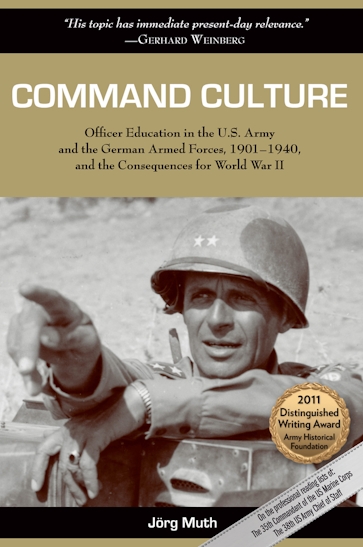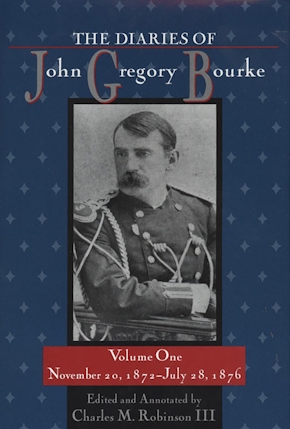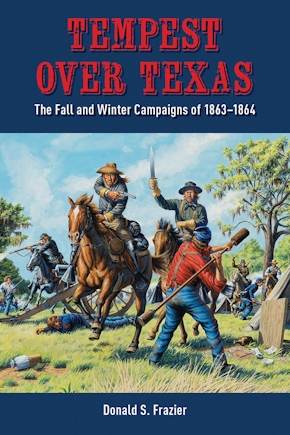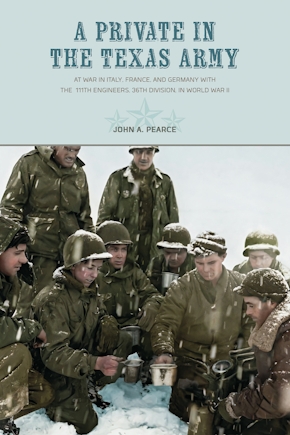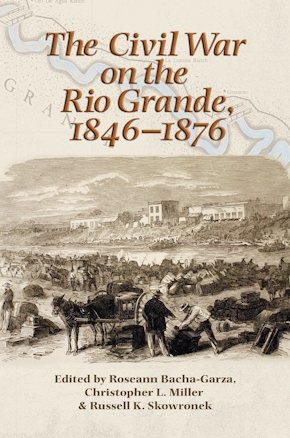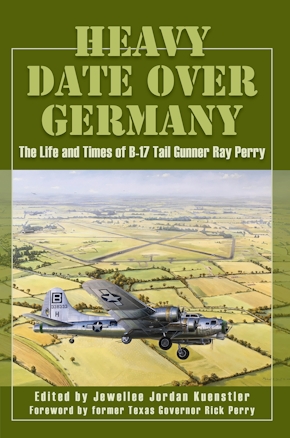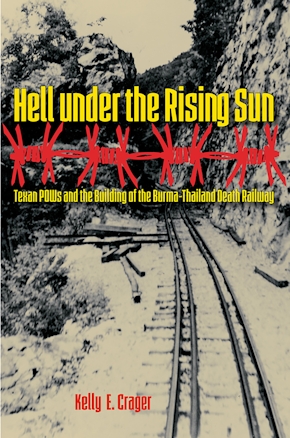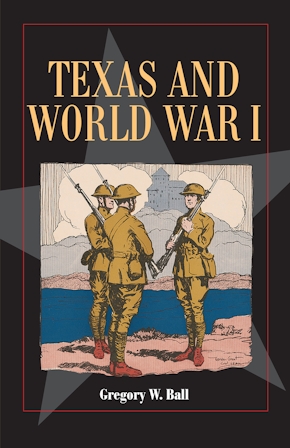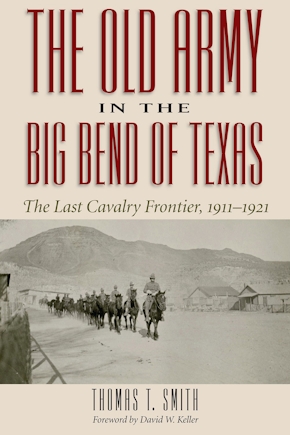Command Culture
Officer Education in the U.S. Army and the German Armed Forces, 1901-1940, and the Consequences for World War II
978-1-57441-533-9 Paperback
6 x 9 x 0 in
376 pp. 31 b&w photos. Notes.
Pub Date: 04/07/2013
Available
BUY NOW
- Paperback $21.95
Selected by Lieutenant General David Morrison, Chief of Army (Australia), for the Chief of Army's Reading List, 2012.
Command Culture explores the paradox that in Germany officers came from a closed authoritarian society but received an extremely open minded military education, whereas their counterparts in the United States came from one of the most democratic societies but received an outdated military education that harnessed their minds and limited their initiative. On the other hand, German officer candidates learned that in war everything is possible and a war of extermination acceptable. For American officers, raised in a democracy, certain boundaries could never be crossed.
This work for the first time clearly explains the lack of audacity of many high ranking American officers during World War II, as well as the reason why so many German officers became perpetrators or accomplices of war crimes and atrocities or remained bystanders without speaking up. Those American officers who became outstanding leaders in World War II did so not so much because of their military education, but despite it.
About the Author
Reviews
Published by University of North Texas Press
